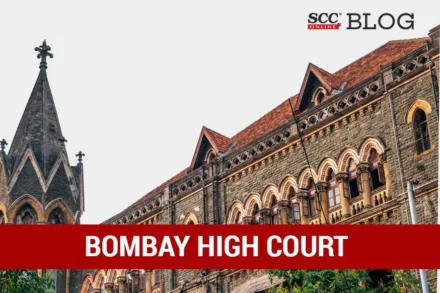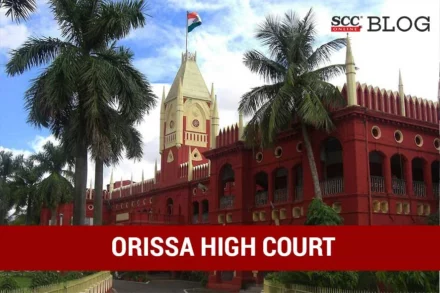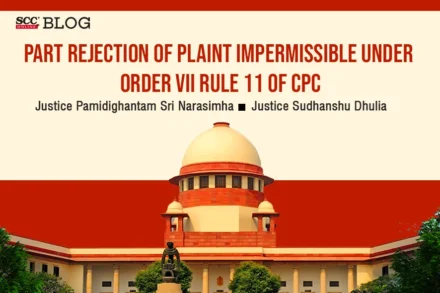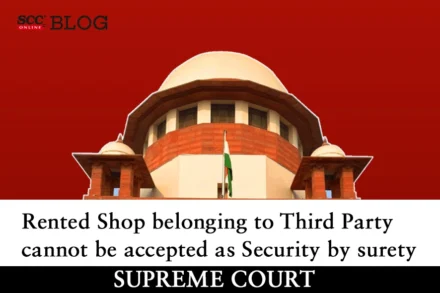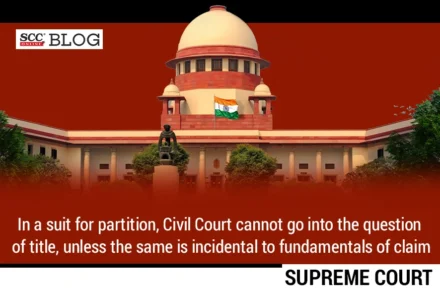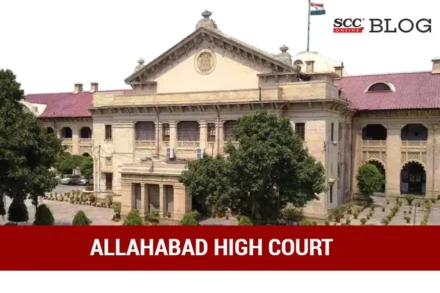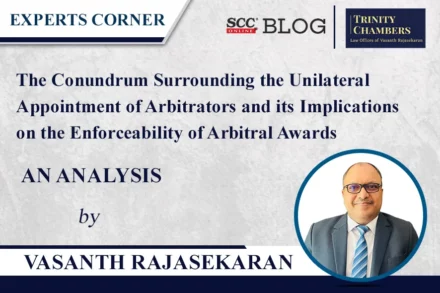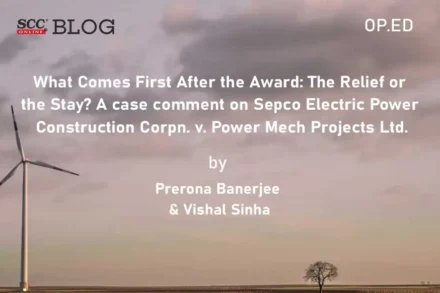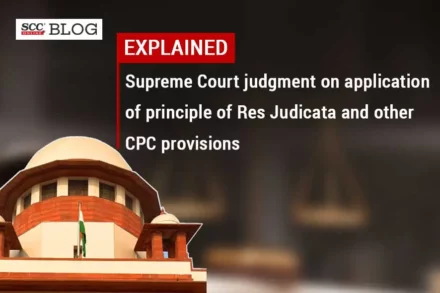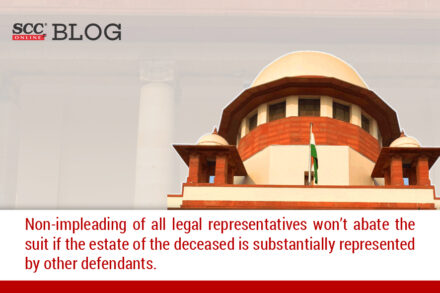
Power to transfer ordinary suit to Commercial Court is not available to District and Sessions Judge u/s 24 of CPC: Delhi High Court
“Where the plaint is returned under Order VII Rule 10 of the Civil Procedure Code, 1908, on its presentation before the appropriate Court of jurisdiction, the suit will be treated as a fresh suit, and will have to start de novo, and all proceedings before the earlier Court will be rendered a nullity.”


